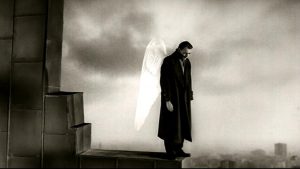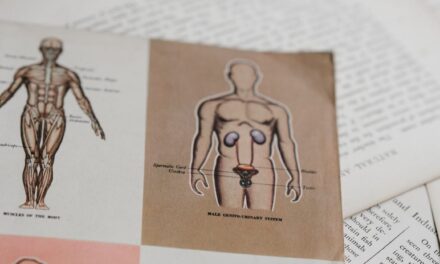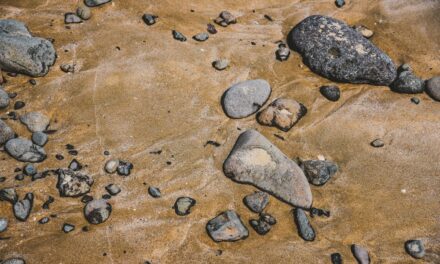Volunteer Rochelle Hurt, who will be coming on staff next year as one of CR’s assistant editors, once went by a different name. After college, drawn by the bright lights, frenzied crowds, and—it must be said—classy costumes, she devoted herself to the glory known by professionals as the grappling arts. As the avenging Angel of Hurt, she powerbombed, chokeslammed, and moonsaulted her way to the top of her field. Yet standing upon the stacked spines of conquered opponents, she felt . . . empty. Whereupon she saw something . . . up there . . . twinkling in the distance. Yea, the ivory tower glowed even more powerfully than a klieg-lit coliseum. There was one more celestial stronghold left for her to scale. She promptly applied to grad school.
 Rochelle Hurt: Reading Susan Wheatley’s “The Recording Angel” reminded me of a favorite Wim Wenders film, Wings of Desire (Der Himmel über Berlin), in which angels roam Berlin, invisible but always in close proximity to humans. Against a backdrop of graffiti and 1980s pop cultural icons (including Nick Cave and Columbo’s Peter Falk), these angels listen to and record the thoughts of humankind. Susan Wheatley’s angel plays a similar role. The poem begins: “For he observes when the posts are well sunk beneath the frost line/ And he knows when they are not, and the wooden church will fall/ For he stayed the hand of Abraham and keeps the oceans in check.” The potential for sentimentality in a list like this is undercut by the poem’s point of view: We’re not given the recording angel’s unfiltered observations, but rather an image of him in the recording process. The poem is really about the act of amassing knowledge, not the knowledge itself. There is an emphasis on lack and passivity in the angel’s process: “he knows when they are not”and “keeps the oceans in check.” This kind of knowledge-building through lack is mimicked in the poem’s rhetorical structure, which piles up information through the anaphoric repetition of “for,” suggesting that these bits of knowledge are explanations of an antecedent we never get in the poem. Its absence allows the poem’s content to accumulate indefinitely, because it avoids the closure of a complete sentence.
Rochelle Hurt: Reading Susan Wheatley’s “The Recording Angel” reminded me of a favorite Wim Wenders film, Wings of Desire (Der Himmel über Berlin), in which angels roam Berlin, invisible but always in close proximity to humans. Against a backdrop of graffiti and 1980s pop cultural icons (including Nick Cave and Columbo’s Peter Falk), these angels listen to and record the thoughts of humankind. Susan Wheatley’s angel plays a similar role. The poem begins: “For he observes when the posts are well sunk beneath the frost line/ And he knows when they are not, and the wooden church will fall/ For he stayed the hand of Abraham and keeps the oceans in check.” The potential for sentimentality in a list like this is undercut by the poem’s point of view: We’re not given the recording angel’s unfiltered observations, but rather an image of him in the recording process. The poem is really about the act of amassing knowledge, not the knowledge itself. There is an emphasis on lack and passivity in the angel’s process: “he knows when they are not”and “keeps the oceans in check.” This kind of knowledge-building through lack is mimicked in the poem’s rhetorical structure, which piles up information through the anaphoric repetition of “for,” suggesting that these bits of knowledge are explanations of an antecedent we never get in the poem. Its absence allows the poem’s content to accumulate indefinitely, because it avoids the closure of a complete sentence.
Both Wenders’s and Wheatley’s angels serve as artist figures, though the two have very different temperaments. While Wenders’s angels take pleasure in even the most mundane human musings, Wheatley’s can hardly bear the earthly world: “he bandages his ears so as not to hear the people pleading.” The risk of becoming emotionally overwhelmed is implicit in the angel’s struggle. In this way, speaker-as-writer and angel are compared. Likewise, in Wenders’s film (which he explained was partially inspired by Rilke’s poetry), the creative process as a result and a means of observation is examined through music, acting, writing, drawing, and performance—and this process is far from painless for Wenders’s characters. One of his angels begins to feel too much for the world he observes, falling in love with a circus performer. In doing so, he essentially assigns more value to the content of his recordings than to the art itself, sacrificing his ability to record the world for an ability to participate in it. The similarly meta-poetic quality of Wheatley’s poem (a recording of a recording) is explicitly recognized in the final stanza: “For he is scribe and intermediary/ For I am scribe and intermediary.” Angel and writer watch each other, and so they seem equal, but the poem’s final turn reveals the fallacy of this logic: “For I cannot see/ And he cannot turn aside his many eyes.” Ultimately the writer cannot see the world from the distance afforded the omniscient angel, while the angel cannot not see the world in its unbearable totality.











